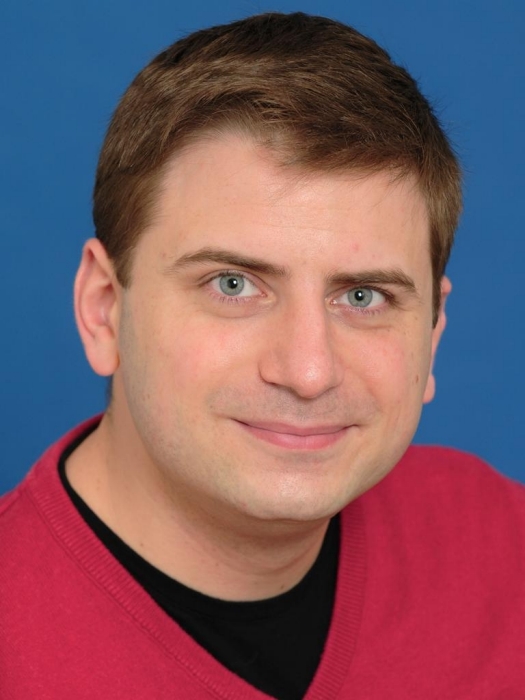New Faculty Member Anxious to Begin Research on Design of Solid-State Aircraft
February 20, 2013
 Onur Bilgen
Onur Bilgen
For Onur Bilgen, the opportunity to come to Old Dominion University was invaluable.
The assistant professor of mechanical and aerospace engineering in Old Dominion's Batten College of Engineering and Technology couldn't pass up an opportunity to work so closely with the NASA Langley Research Center and the National Institute of Aerospace, both located in Hampton.
"I would like to continue to contribute and rebuild the aerospace legacy here," said Bilgen, who relocated to this area from Swansea University in the United Kingdom last summer.
He'll get a start this summer. Bilgen has received a grant through the Summer Research Fellowship Program of ODU's Office of Research to design, model and test the first solid-state aircraft - a craft that, to the naked eye, would appear as if it was made out of a single piece of material.
"A fully solid-state aircraft has not been demonstrated due to the highly coupled and complex nature of such system," Bilgen said. "Such a vehicle has been the dream of academics, engineers and hobbyists in the field of aircraft design, including NASA, and of mine as well."
Engineers have developed semi-solid-state vehicles; however, the next challenge is to produce a vehicle that is solid-state in every sub-system, including control surfaces, propulsion and navigation.
There are many advantages to a solid-state design - as demonstrated by the dramatic increase in efficiency in the electronics industry from use of such designs. An aircraft that acts as if it was fashioned out of a single piece of material has the potential for better aerodynamic behavior, meaning that its fuel efficiency would be higher. In addition, such a vehicle doesn't have the stress concentrations (weak points) in its structure, which would occur at the joints of a conventional aircraft where parts are fastened together.
In a theoretical sense, a fully solid-state aircraft has the potential to fly with high efficiency, and it would be more cost-effective to manufacture because of its simplicity.
The objective of Bilgen's study is to prove the feasibility of his proposed fully solid-state aircraft design. Through the eight weeks of the Summer Research Fellowship Program, he will work to produce preliminary theoretical and experimental results to show basic feasibility for the aircraft design. Then, the plan is to use that seed data to seek external funding for the project from such organizations as NASA, the National Science Foundation or the Department of Defense.
"We're not just trying to make an airplane fly," Bilgen said. "We want to break it down to its scientific elements, and try to understand how a fully solid-state aircraft is possible from fundamental aerodynamic and mechanical principles. We want to avoid limiting ourselves to existing aircraft designs."
Bilgen, who is from Ankara, Turkey, decided he wanted to pursue his higher education in the United States after taking part in an 11-month student exchange program in Omaha, Neb., when he was in high school. By the time he had earned his doctorate in 2010 (from Virginia Tech), he had settled on the intersection of mechanical and aerospace engineering in the concept, design and testing of smart-material systems.
"What's intriguing to me is to be able to understand what you see and try to be able to predict what you don't see," Bilgen said. "In terms of research and science, it's an invaluable opportunity I have."

